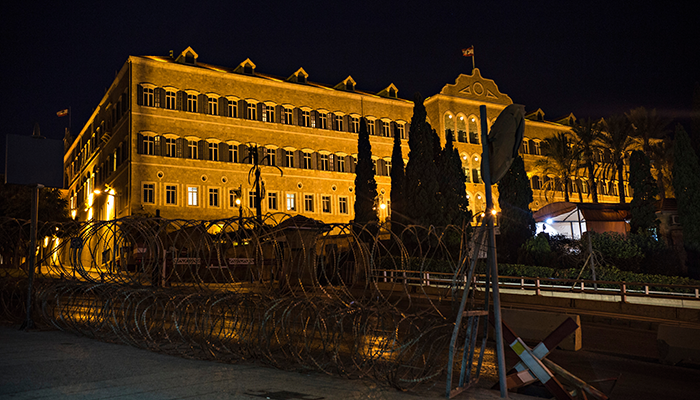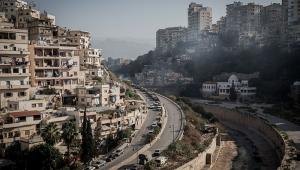web_beirut_shutterstock_1461909467.png

Beirut, Lebanon
Work on the Brisi Dam project, which would have given 1.6 million people in the Greater Beirut and Mount Lebanon area reliable access to clean water, was supposed to begin last week.
But the government did not complete an ecological assessment with due process and proper consultation, nor did it finalise operations arrangements by the 24 August deadline, ready for work to begin in time.
This has now led to the World Bank cancelling its support for the project, including an immediate cancellation of a $244m loan, and more to follow once staff, audit and environmental and social safeguarding work has been paid for.
Almost $200m has already been lent to the government, including for purchasing land in the dam site area, and the World Bank said it expects this money to be repaid in line with the agreed schedule.
About half of Lebanon’s 6.8 million population faces water shortages, receiving an average of just three hours of water per day, the World Bank said.
Many people rely on expensively transported water from tankers or bottles, but in the Greater Beirut and Mount Lebanon area 30% of people live below the poverty line.
Lebanon is experiencing a prolonged period of economic and political turmoil that predates the Covid-19 pandemic, which has only exacerbated its issues with a runaway deficit and huge debt.
The August explosion in the capital of Beirut left an estimated 300,000 people homeless and within weeks the entire government resigned, having only been in post since January.












